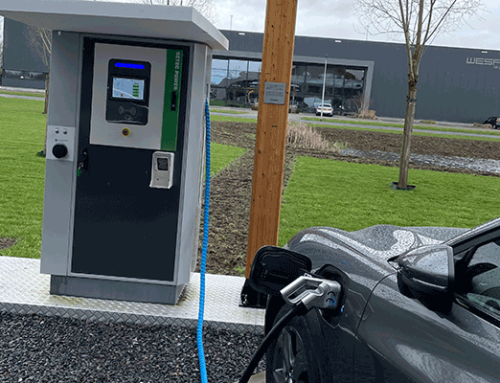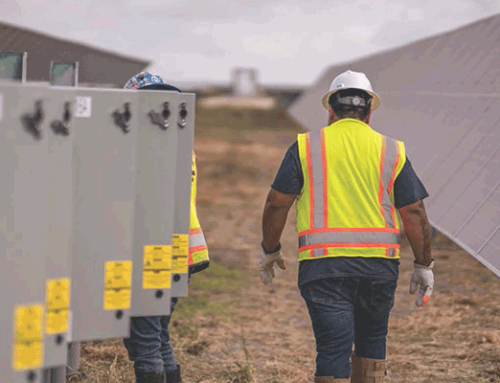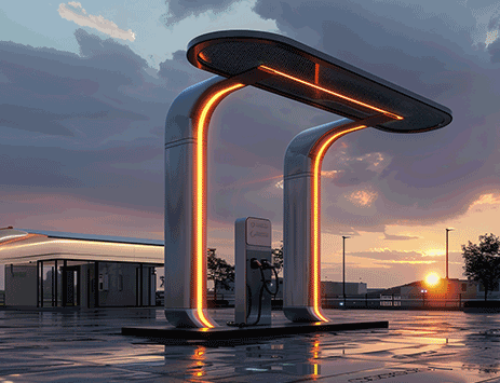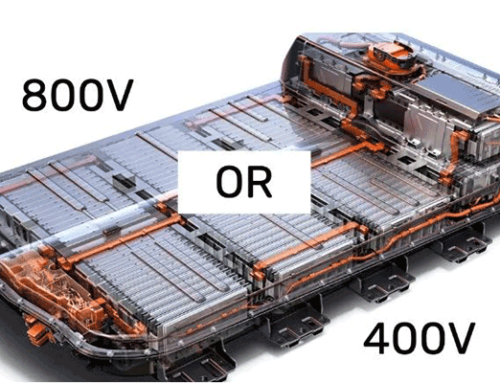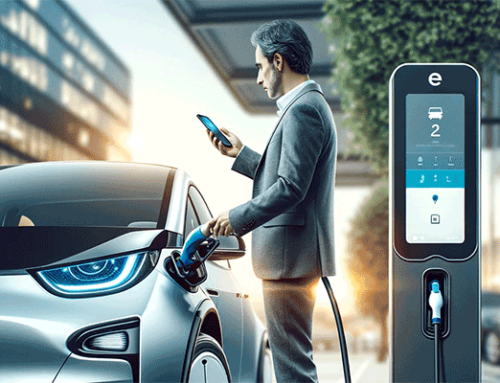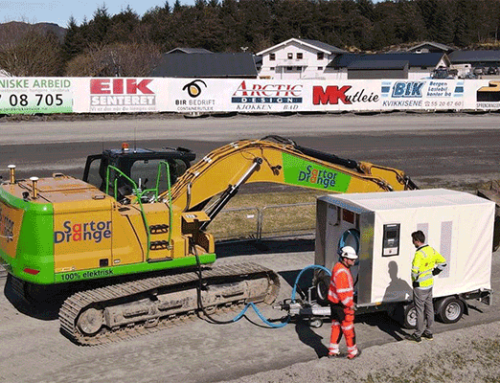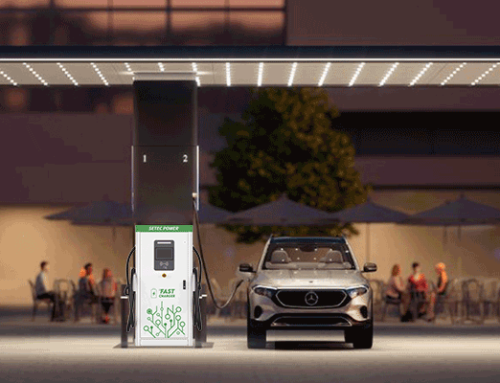The rise of Electric Vehicles as a viable and environmentally-friendly alternative to traditional vehicles has been prominent in recent years. The escalating adoption of EVs has underlined the necessity for comprehensive charging infrastructure, particularly within residential communities. This article illuminates the multitude of benefits linked to the establishment of EV charging stations in residential communities, focusing on environmental, economic, social, and convenience aspects.

Environmental and Sustainability Benefits
The installation of EV charging stations within residential communities conveys notable environmental and sustainability benefits. The shift from conventional vehicles to EVs, facilitated by the availability of local charging infrastructure, enables a significant reduction in greenhouse gas emissions. This plays a pivotal role in climate change mitigation and fostering a cleaner living environment.
Unlike traditional vehicles, EVs produce no tailpipe emissions, leading to substantial improvements in air quality. The introduction of EV charging infrastructure enables residential communities to establish a healthier, more breathable living space. The surge in electricity demand brought about by EV charging can be effectively addressed through the integration of renewable energy sources. This practice allows communities to further decrease their carbon footprint and actively support the adoption of sustainable energy practices.
By adopting EV charging infrastructure, residential communities actively contribute to the global efforts aimed at reducing dependence on fossil fuels and fostering a greener transport system. This is a tangible step toward achieving sustainable development goals, ensuring a greener future for the upcoming generations.
Economic Benefits
The introduction of EV charging stations to residential areas unlocks several economic benefits. EV owners stand to benefit from significant cost savings, enjoying lower operating and maintenance costs since electricity is generally more affordable than gasoline. Incentives such as tax credits, rebates, or reduced electricity rates for EV charging further decrease the overall cost of owning an EV. Residential communities, by enabling easy access to charging infrastructure, facilitate these cost-saving benefits for residents.
The establishment of EV charging stations within residential communities brings about economic opportunities. Local businesses involved in the installation, maintenance, and repair of charging infrastructure create new job opportunities. Additionally, EV charging stations attract EV owners to local establishments, such as shops and restaurants, stimulating the local economy and supporting local businesses. Properties equipped with EV charging stations often see an increase in value. With the increasing demand for EVs, homebuyers and renters prioritize properties with easy access to charging infrastructure, resulting in increased property values. Thus, residential communities can offer an appealing amenity that positively impacts property prices.
Social Benefits
The integration of EV charging stations in residential areas carries numerous social benefits. By adopting EV charging infrastructure, residential communities exhibit their commitment to sustainability and innovation in transportation. This commitment enhances the community’s reputation and attracts environmentally conscious individuals and businesses, fostering a sense of community pride.
The installation of EV charging stations in residential areas encourages residents to consider EVs as an alternative to conventional vehicles. This shift towards sustainable transportation reduces dependence on fossil fuels and contributes to a cleaner environment. It aligns with the community’s commitment to sustainability and serves as an example for others to follow.
Moreover, the reduction of vehicle emissions due to the promotion of EVs has a direct, positive impact on public health. Improved air quality leads to better respiratory health and overall well being for community residents, reducing the risks associated with respiratory illnesses and other health issues.
Convenience and Accessibility
The installation of EV charging stations in residential areas brings about significant benefits in terms of convenience and accessibility. One of the main concerns for EV owners, known as “range anxiety”, refers to the fear of running out of battery while on the road. Having charging stations within residential communities alleviates this concern, ensuring that EV owners always have a convenient charging solution nearby.
Residentialcommunities with EV charging stations offer residents easy access to charging facilities. This means EV owners no longer have to rely solely on public charging stations or travel long distances to charge their vehicles. They can charge their EVs at their residence or within the community, saving both time and effort. This ensures that EV owners have a reliable and convenient
charging solution right at their doorstep.
The installation of EV charging stations in residential areas also increases the availability and utilization of charging infrastructure. With a greater number of charging stations distributed throughout the community, EV owners have more options and flexibility in finding an available charging spot. This reduces wait times and congestion at charging stations, making for a more efficient and seamless charging experience. The increased utilization of charging stations also ensures that the community’s investment in EV infrastructure is maximized, benefiting a larger number of residents.
For residential communities, SETEC POWER offers an array of choices when it comes to electric vehicle charging stations, aimed at meeting diverse needs. Reach out to us today to gain expert advice and embrace the future of electric vehicles and clean energy. With our expertise, we can help you make the transition smoother, more efficient, and more environmentally friendly.

